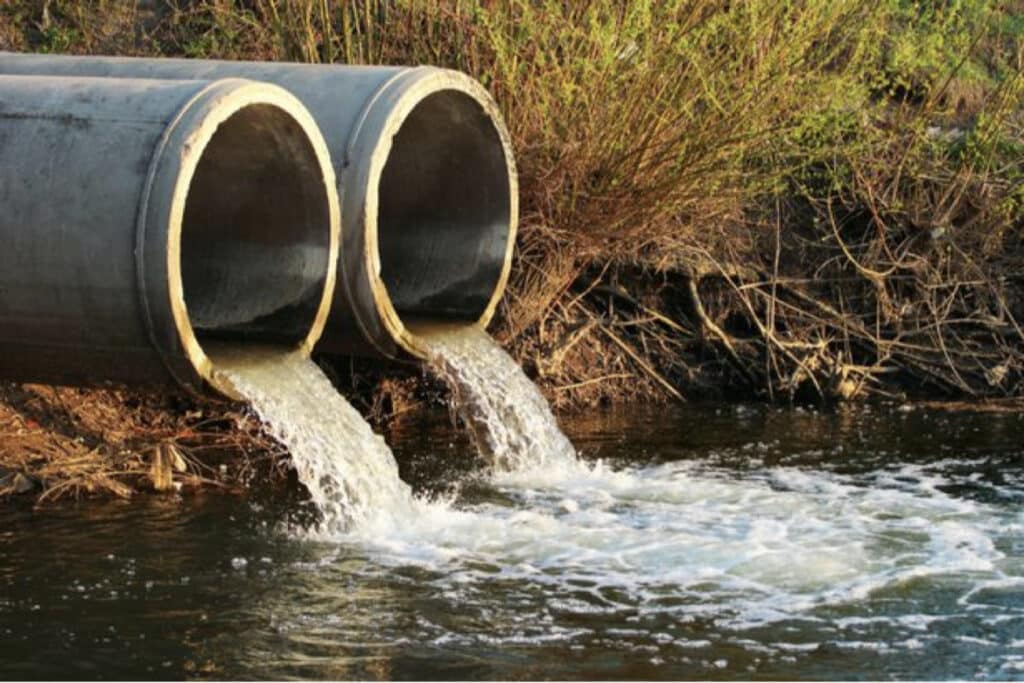A previously thriving river in Dorset has “shocking” levels of E-coli coated with “a layer of brown sludge”
A previously thriving river in Dorset has been declared “ecologically dead” due to “shocking” levels of E-coli and the amount of sewage overflowing into it tripling in under a year.
The River Lim used to be a thriving ecosystem with trout, eels and kingfishers populating the area, but now residents say “you’re lucky to ever see a fish in there at all”.

A retired freshwater ecologist carried out a recent survey which found there were “barely any” invertebrates in the river leading to the bottom of the food chain being cut off and reducing the number of larger species which can survive there.
Locals of Lyme Regis and conservationists reported seeing “a layer of brown sludge” coating the top of the 5km river.
Graham Roberts, who worked as a freshwater ecologist for 40 years and joined the River Lim Action Group two years ago, described the river as being “ecologically dead”.

He told a national newspaper: “The river is in an absolutely disgusting state. I carried out some baseline surveys to understand what was happening to the wildlife in the river. There were virtually no invertebrates at all in it.
“We were lucky enough to have an otter move in recently but I worry that by ingesting the sewage it will become infertile or in the worst case scenario it will die.”
‘It’s basically toxic’
The River Lim Action Group looked at statistics from the Rivers Trust which show the amount of sewage entering the river has tripled in the last year.
In 2020 sewage spilled into the Lim for 376 hours. In 2021 that had risen to 680 hours and throughout 2022 there were 2,200 hours of spillage.
The group believes the increase is due to heavier rainfall and insufficient storage facilities nearby.
An Environment Agency report was also carried out in February analysing the levels of E. coli along the river.
It found “clear” results of an “increase in levels of E.coli” and confirmed the “surface water outfall at Woodmead Road Bridge was contaminated with faecal bacteria.”
A South West Water spokesperson said: “We are reducing the use of storm overflows and our plan is working but there is more to do. We’ve installed 100% monitoring on our storm overflows, ahead of target.
”We are investing significantly to reduce our impact on rivers by one-third by 2025, as we look to ensure we are not the reason for any river failing to meet ecological standards by 2030.”
Why is this happening?
brilliant take down of why private water companies pump raw sewage into the sea by Ash Sarkar #bbcqt ???? pic.twitter.com/FTqBQebNCl
— dave ❄️ ???? ???? (@mrdavemacleod) May 11, 2023
If you do not want more Dorset rivers to join the River Lim please sign:
Join us in helping to bring reality and decency back by SUBSCRIBING to our Youtube channel: https://www.youtube.com/channel/UCQ1Ll1ylCg8U19AhNl-NoTg and SUPPORTING US where you can: Award Winning Independent Citizen Media Needs Your Help. PLEASE SUPPORT US FOR JUST £2 A MONTH https://dorseteye.com/donate/












